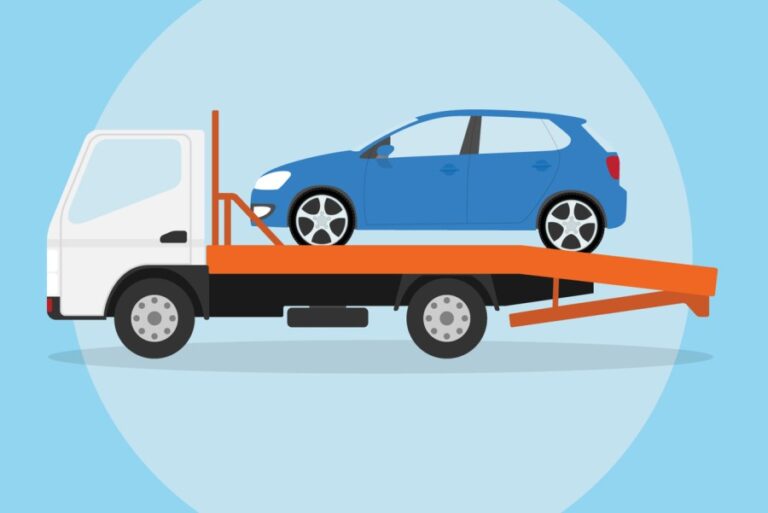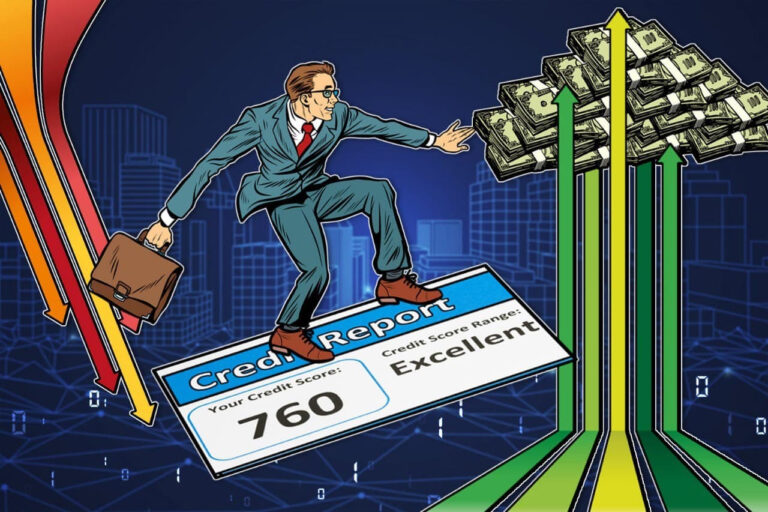Auto Repossession and Insurance Law: Protecting Your Rights and Vehicle

Auto Repossession and Insurance Law: Protecting Your Rights and Vehicle
Auto repossession (or auto repo) occurs when a lender or creditor takes back a vehicle due to missed payments or breach of the loan contract. This process can be stressful, as it impacts both your transportation and your credit score. Additionally, insurance can play a key role in how auto repossession unfolds and the legal implications of vehicle repossession.
In this article, we’ll explore how auto repossession works, what role insurance plays, and what legal protections are available under U.S. law.
What Is Auto Repossession?
Auto repossession happens when a borrower defaults on a car loan or lease, and the lender takes back the vehicle to recover losses. A vehicle loan or lease agreement typically gives the lender a security interest in the car, meaning they have the legal right to take the vehicle if the borrower fails to make timely payments or violates other terms of the contract.
Repossession can happen without prior notice, depending on state laws and the terms of your loan agreement. In many states, lenders are not required to warn you before repossessing the vehicle, though they must follow legal procedures when doing so.
How Auto Repossession Affects Your Credit
Once a vehicle is repossessed, it can have long-lasting effects on your financial and credit standing:
- Credit Score Impact: Auto repossession is a serious negative mark on your credit report. It typically remains on your credit history for seven years and can lower your credit score significantly, affecting your ability to secure future loans or credit.
- Deficiency Balance: After repossessing the car, the lender may sell it to recoup their losses. If the sale price is less than the remaining loan balance, the borrower is often required to pay the deficiency balance (the difference between the loan balance and the sale price), even after the car is taken back.
- Legal Action for Deficiency: If you cannot pay the deficiency balance, the lender may pursue legal action to collect the debt, which could result in wage garnishment or other collection efforts.
Insurance and Auto Repossession
When dealing with auto repossession, auto insurance plays a critical role, both before and after the event. Here are some important ways insurance law interacts with auto repossession:
1. Required Auto Insurance Coverage
Lenders typically require borrowers to maintain comprehensive and collision insurance coverage on financed vehicles. This ensures that the car is protected from damage or loss, and the lender’s financial interest in the car is safeguarded.
If you let your auto insurance lapse, the lender may purchase an insurance policy on your behalf, known as force-placed insurance or lender-placed insurance. This policy, which protects the lender’s interest but offers little to no coverage for the borrower, often comes with high premiums, adding to the borrower’s financial burden. Failing to maintain proper insurance coverage can lead to repossession if the lender sees it as a breach of contract.
2. GAP Insurance
If your car is repossessed and sold for less than the remaining balance on your loan, GAP insurance (Guaranteed Asset Protection) can help cover the difference between what your car is worth and what you owe.
For example, if you owe $15,000 on your car loan but the repossessed vehicle is sold for $10,000, you still owe $5,000 in deficiency. If you have GAP insurance, it can cover this deficiency balance, saving you from having to pay the remainder out of pocket. However, not all policies cover repossessions, so it’s important to review your coverage before relying on GAP insurance in such scenarios.
3. Personal Property in the Vehicle
When a vehicle is repossessed, the lender has the right to take the car but does not have the right to take any personal property inside the vehicle. State laws generally require the lender or repo company to return any personal belongings left in the car, although they may charge a fee for storing those items.
If your personal property is lost or damaged during repossession, your renter’s insurance or homeowner’s insurance policy may provide coverage for personal property theft or damage, depending on the specific policy terms.
Legal Protections for Consumers in Auto Repossession
Consumers facing auto repossession have rights under federal and state laws. These protections ensure that lenders and repossession agents follow proper procedures and do not violate your rights during the repossession process.
1. The Fair Debt Collection Practices Act (FDCPA)
The Fair Debt Collection Practices Act (FDCPA) is a federal law that protects consumers from abusive or unfair debt collection practices. While the FDCPA primarily regulates third-party debt collectors, it also applies to repossession agents in certain cases. Under the FDCPA, repossession agents cannot:
- Use threats or intimidation to repossess your vehicle.
- Damage your property or vehicle during the repossession.
- Engage in “breach of peace,” such as breaking into your garage or using force to take the car.
If you believe your rights under the FDCPA have been violated, you may be able to take legal action against the repossession company.
2. Uniform Commercial Code (UCC)
The Uniform Commercial Code (UCC) governs repossessions in many states. Under the UCC, after repossession, the lender must notify the borrower of their intent to sell the vehicle. The sale must be conducted in a commercially reasonable manner, meaning the lender cannot sell the car for an unreasonably low price just to recover losses quickly.
If the borrower believes the lender failed to follow UCC requirements or did not sell the vehicle in a commercially reasonable manner, the borrower may have legal grounds to contest the deficiency balance or seek damages.
3. Right to Reinstate or Redeem the Vehicle
In many states, borrowers have the right to reinstate or redeem their vehicle after repossession:
- Reinstatement: Some states allow borrowers to reinstate the loan by catching up on missed payments, paying repossession fees, and continuing to make regular payments going forward.
- Redemption: Borrowers can redeem the vehicle by paying off the full loan balance, plus any fees, to recover the vehicle and prevent it from being sold.
Lenders must notify borrowers of their right to reinstate or redeem the vehicle, typically in the form of a repossession notice.
4. Bankruptcy Protection
If you are at risk of auto repossession, filing for bankruptcy may temporarily stop the repossession process through an automatic stay. The stay prevents creditors from taking further action to collect debts, including repossession. However, the lender may still file a motion to lift the automatic stay, so bankruptcy doesn’t always guarantee you’ll keep the vehicle.
What to Do If Your Car Is Repossessed
If your vehicle is repossessed, you have several options:
- Contact the Lender: As soon as your car is repossessed, contact the lender to discuss your options for getting the car back. This could include reinstating the loan, paying off the full balance, or negotiating a settlement for the deficiency balance.
- Retrieve Personal Property: If you had personal belongings in the car, contact the lender or repo company to arrange to collect your items. The lender is required by law to return your personal property.
- Check Your Credit Report: Auto repossession will be reported on your credit report, so monitor your credit to ensure that the information is accurate. If you believe there are errors in how the repossession is reported, you can dispute it with the credit bureaus.
- Consider Legal Action: If you believe the repossession was conducted improperly or your rights were violated during the process, consider consulting with an attorney. A denied loan attorney or consumer protection lawyer can help you navigate the situation and determine whether you have grounds for legal action.
Conclusion
Auto repossession is a serious financial event that can have long-lasting effects on your credit and finances. While repossession laws and regulations vary by state, knowing your rights and understanding how insurance law applies can help you better navigate the process and potentially mitigate some of the negative impacts.
Whether you’re facing repossession due to missed payments or dealing with the aftermath of a repossession, taking proactive steps like maintaining proper insurance coverage, negotiating with lenders, and consulting with legal professionals can make a significant difference in protecting your rights and financial well-being.


